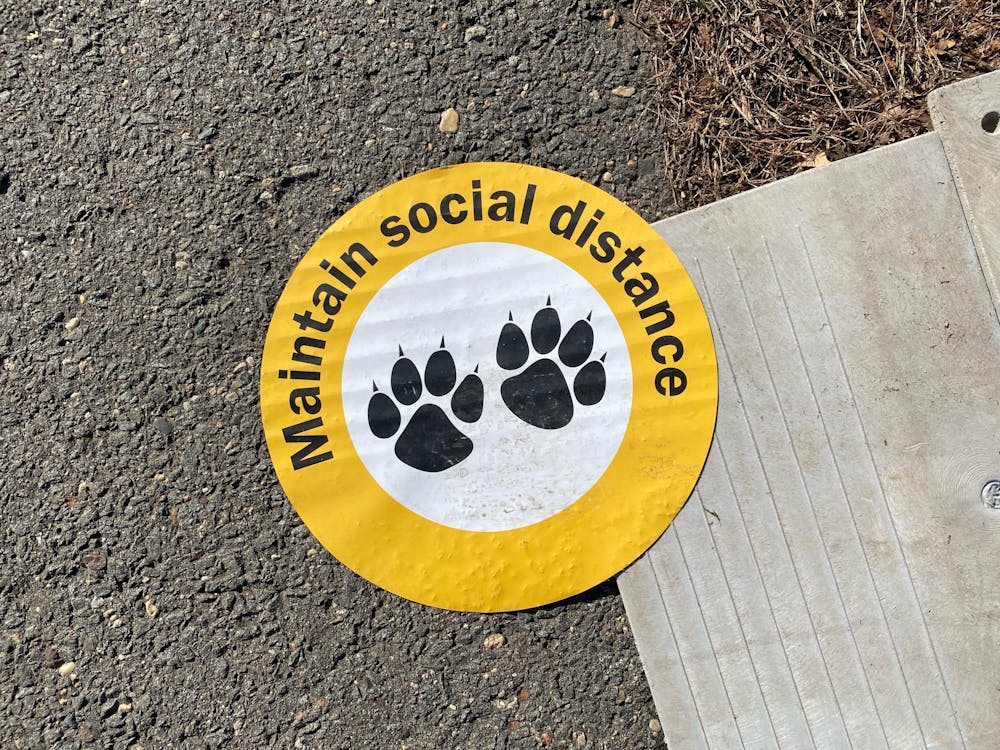Recently, as the United States has scrambled rather pathetically to contain COVID-19, we have been told with ever-increasing urgency that all will be well if only we set aside our skepticism and “trust the science,” as the refrain goes. It is true, of course, that the science behind masking, and especially vaccination, is well-substantiated. Yet, the rhetoric surrounding these measures is much less defensible, since the lack of structural support that could provide people with a lifeline while following such measures renders it both hypocritical and inadequate, even for the sole purpose of eradicating the virus.
First, a word about the premise of “trusting the science”: what precisely does the refrain mean, and how feasible is it? Do we expect each nonscientist to independently examine the wealth of scientific data and arrive at their own conclusions before following a specific guideline? Most of the time, this is not the case. Rather, since American society is notoriously illiterate when it comes to science, usually when we think we are trusting science, we are in fact just being told to trust what someone else — probably an equally under-qualified television personality — has to say on the subject.
And it just so happens in this case that the majority of TV networks are roughly in lockstep with the scientific community when it comes to measures against COVID-19, so anyone who puts stock in their words without additional research can hardly be said to be employing rigorous scientific analysis. However, since mainstream culture and scientific truth are not always so conveniently aligned, our credulous attitude towards COVID-19 research may serve us ill when it comes to other important issues that require more caution and critical thinking on our part.
Before proceeding to some concrete examples relevant to our daily lives, I believe it is worth noting that the trust-the-science rhetoric as a moral standard we are often held to evidently does not apply to our society as a whole. If it did, wouldn’t it make sense for the administration to lift vaccine patents so that millions of human beings around the world won’t have to continue to die needlessly? Why, in this case, does the state refuse to trust the science? Is this an obligation that only citizens are ethically bound to uphold? And could it be that, instead of a world in which once an agreed-upon solution to a problem has been identified we actually go all-in on it as a global community, we are in fact living in a world where the interests of the most powerful can strongly interfere with that utopian vision?
It seems, then, that trusting science and acting accordingly are indicators of good, responsible citizenship while ignoring the science when convenient, on the other hand, is merely realistic statecraft. It’s laughable and reprehensible when “Karen” does it, but inevitable and righteous when the state does the same thing.
Of course, there are also times when the hypocrisy of trusting science manifests itself in our daily behaviors. Know anyone who has made the choice to ride the subway to work despite not feeling well? Sure, they made the choice to potentially put others in danger, ignoring the well-known scientific fact that coughing in the vicinity of others in an enclosed space isn’t the greatest for public health. But we tend to forget that this choice might be made under the undue stress of precarious employment status, perhaps even housing instability along with it.
This dynamic is equally visible at Princeton, where we are reminded to take our utmost precaution to avoid getting COVID-19 throughout the duration of our midterms week in a recent email sent to the undergraduate student body by Dean of the College Jill Dolan. While the administration expects us to “trust the science,” it stems more from the bureaucratic needs of organizing midterms week than a genuine concern for the recent spikes in COVID-19 cases that we find ourselves under. In other words, if we can just convince ourselves that personal responsibility will win the day, the virus might just choose to honor the scientifically questionable but unquestionably aspirational request to leave us alone for a week.
This unwillingness to recognize midterms week as a triviality relative to the most costly impacts of our public health emergency represents not just a failure to think scientifically, but indeed to think at all.

Just as the state preaches the gospel of science while withholding life-saving vaccines, so too are we put in a position where we must ignore health science at the expense of others because of the built-in incentive structures around us that offer no apparent alternatives. So, instead of buying into the condescending call for people to trust the science, we should consider building the kind of structural support that allows them to do just that.
Braden Flax is a senior from Merrick, N.Y. He can be reached at bflax@princeton.edu.









